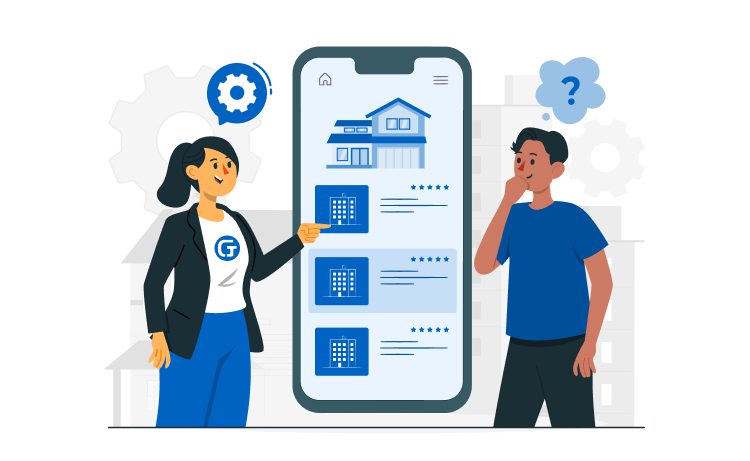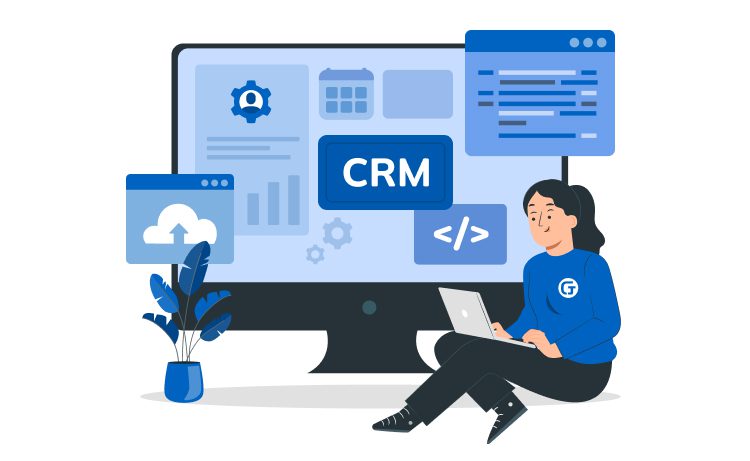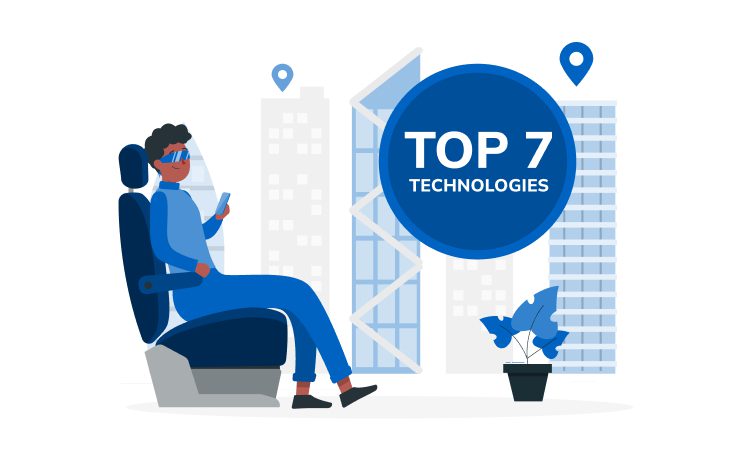
3 Security Considerations for Your Property Management System (PMS security)



For a long time, property security in the real estate market referred to security of the building, rather than that of data. Today, digital security is just as crucial as physical security. Massive amounts of data generated by intelligent building technologies necessitate an integrated and compatible PMS and adequate protection.
In addition, security concerns are developing as systems become more connected due to additional access gateways and a growing threat of valuable user data exploitation.
CRE firms and brokers will need to offer robust and industry-specific security solutions for physical and virtual safety to provide the most valuable and high-end experiences to their clients.
Content
Software companies can make platforms and applications more secure to data breaches by implementing data encryption and AI-based solutions, as well as establishing access baselines for different categories of users.
In terms of intelligent building security, the same technology can improve space safety through video surveillance, smart locks, access gateways, and control systems that monitor motion and unwanted building access, giving timely alerts to the relevant parties.
To reduce risks and preserve clients’ data along with their brand and credibility, real estate firms and CRE technology providers are implementing and enforcing strong security compliance practices.
While no firm can be entirely immune to sophisticated hacker attacks, there are numerous possibilities to improve your security management and significantly reduce the likelihood of cyberattacks and data breaches.
With more data volumes in the real estate sector businesses and more software integration, there is an increase in cybersecurity threats. According to a KPMG survey of the real estate industry, 30% of firms have encountered a cybersecurity event in the last two years, and just 50% of organizations believe they are well-prepared to prevent or mitigate a cyberattack.
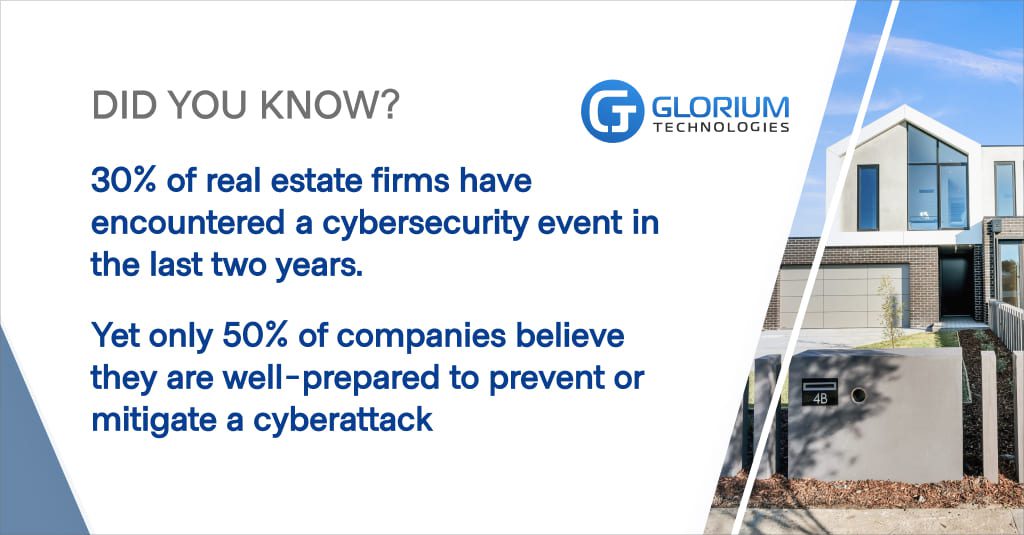
The most well-known attack on the real estate business occurred in 2019 with a data breach at the real estate insurance conglomerate First American. Over 885 million customers’ sensitive financial information was compromised as a result of the data breach.
Security breaches can be exceedingly damaging and have a significant impact on a company’s reputation. As a result, it is necessary to employ security strategies to make an application less vulnerable to intrusions.
While real estate businesses are responsible for secure storage, data encryption, and training and monitoring their employees, software and cloud service providers are in charge of data access and transmission control security.
In this post, we will look at both software-related and internal security challenges, and how real estate entrepreneurs may avoid common mistakes and improve the security of their property management software.
A risk assessment plan, often known as a risk management strategy, entails having a framework to recognize, prevent, and deal with security concerns. It involves various tasks, but one of the most important is educating personnel about potential risks and their consequences. For example, malware attacks are frequently the result of employees failing to follow the most basic security guidelines.
Educating employees and providing regular cybersecurity training is critical for increasing security awareness and preventing future phishing and malware efforts. Furthermore, automating certain intercompany activities decreases the chance of human error.
Regular security audits are critical for detecting developing security issues. If an attack has already occurred, any company should have a clear and defined response plan in place to limit the damage. In response to an attack, businesses should consider strategies to limit the hackers’ ability to exploit any further the information they have stolen.
The next step in building a solid cybersecurity culture in a company is raising awareness. Unfortunately, most companies still don’t take the concern seriously and put security training on the back burner. However, regular phishing awareness training among employees makes a difference.
Internal staff negligence and lack of knowledge remain among the most common causes of security breaches in many industries. For example, 86% of global cyberattacks happen due to the human factor, while 36% are due to phishing attacks – often triggered by convincing phishing email examples.
Emails captioned as urgent or important still work as an access bridge for hackers. For example, according to the Verizon 2021 Data Breach Investigation Report.
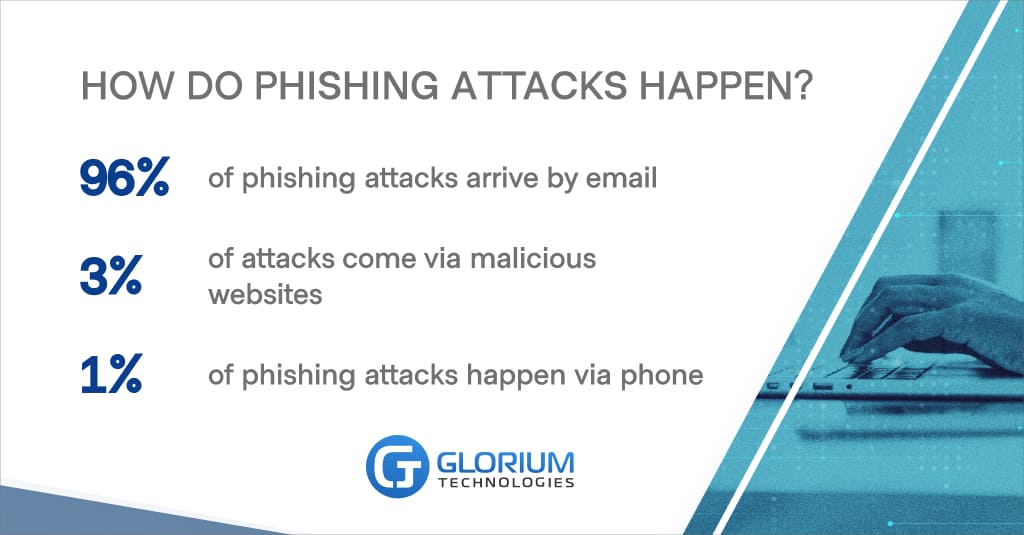
The growing number of phishing scams demonstrates the need to regularly conduct awareness training and coach employees in recognizing the risks.
Before a security team gathers and develops a strategic approach to a potential attack, cyber AI has its back by preventing trouble from spreading and causing damage from the start. It is important to note that an innovative AI algorithm should essentially manage security issues without affecting an organization’s operations or requiring the system to be shut down completely.
Algorithms can establish a baseline for normal system behavior and detect violations and faults fast, giving immediate signals to the response system. As a result, businesses can save money on manual security operations and focus on strategic tasks rather than continually monitoring questionable activities. Furthermore, machine learning can aid in monitoring insecure settings and auditing ports to identify potential threats.
AI-enabled technology is capable of not only detecting but also proactively addressing and responding to issues. This can be used in a variety of ways, but the most common include quickly alerting responsible employees, protecting data, and in extreme cases, shutting down the system. The algorithm accomplishes this by monitoring large amounts of data as well as routine system procedures that are handled by multiple devices, platforms, and users.
As a result, AI technology understands what normal behavior looks like across an entire environment and can immediately detect malware intervention, preventing it from spreading.
More and more companies are moving from on-premises data infrastructure to either fully cloud-native or hybrid networks. While shifting to cloud services means many benefits for the real estate business, it also holds risks.
Companies recognize that using various cloud services increases security threats. For example, cloud networks can pose considerable security breaches if software providers don’t secure the systems correctly. It also means more people who can access the data infrastructure.
Another complication with cloud security is transparency. If the integration doesn’t provide enough visibility, it can create many blind spots in the system, making it harder to detect the source of an issue once the attack has started.
In addition, because the use of several cloud services causes visibility concerns, platforms that provide cloud APIs will be more in demand because they are readily linked with other services and enable greater transparency.
Apart from consolidating vast volumes of data, real estate is becoming more connected. Intelligent buildings, remote property control, and multiple software systems are just a few parts of the modern property management process.
All of these devices and systems can become weak spots and an appealing target for hackers. Nearly everything, from HVAC systems to mobile applications, can enable unauthorized access and expose sensitive data. Unfortunately, these attacks are not uncommon in the industry and usually result in severe monetary losses and frustrated customers.
Because of these risks, businesses must set their own security rules and describe in detail how third party services use their data, store information, and with whom it’s shared. Enforcing a mandatory cybersecurity policy for all external providers is also a great way to enhance the protection of your property management system.
Glorium is a software development firm that specializes in complex technological solutions for the real estate industry. Glorium has over ten years of industry experience and works with startups to help them get to market quickly and stay ahead of the competition by providing exceptional service and customized solutions.
By nurturing your ideas from concept to launch, our dedicated team helps bring your ideas to life.
Learn more about our real estate software and application development solutions today.
